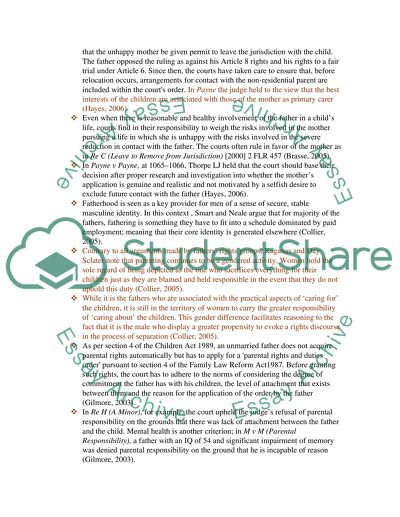Cite this document
(“Children Welfare Essay Example | Topics and Well Written Essays - 1000 words”, n.d.)
Children Welfare Essay Example | Topics and Well Written Essays - 1000 words. Retrieved from https://studentshare.org/psychology/1506957-children-welfare
Children Welfare Essay Example | Topics and Well Written Essays - 1000 words. Retrieved from https://studentshare.org/psychology/1506957-children-welfare
(Children Welfare Essay Example | Topics and Well Written Essays - 1000 Words)
Children Welfare Essay Example | Topics and Well Written Essays - 1000 Words. https://studentshare.org/psychology/1506957-children-welfare.
Children Welfare Essay Example | Topics and Well Written Essays - 1000 Words. https://studentshare.org/psychology/1506957-children-welfare.
“Children Welfare Essay Example | Topics and Well Written Essays - 1000 Words”, n.d. https://studentshare.org/psychology/1506957-children-welfare.


